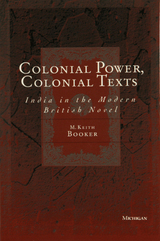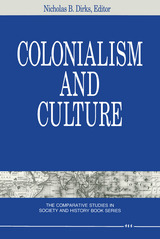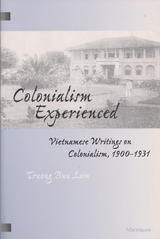
Over the past four decades Ruth R. Wisse has been a leading scholar of Yiddish and Jewish literary studies in North America, and one of our most fearless public intellectuals on issues relating to Jewish society, culture, and politics. In this celebratory volume, edited by four of her former students, Wisse’s colleagues take as a starting point her award-winning book The Modern Jewish Canon (2000) and explore an array of topics that touch on aspects of Yiddish, Hebrew, Israeli, American, European, and Holocaust literature.
Arguing the Modern Jewish Canon brings together writers both seasoned and young, from both within and beyond the academy, to reflect the diversity of Wisse’s areas of expertise and reading audiences. The volume also includes a translation of one of the first modern texts on the question of Jewish literature, penned in 1888 by Sholem Aleichem, as well as a comprehensive bibliography of Wisse’s scholarship. In its richness and heft, Arguing the Modern Jewish Canon itself constitutes an important scholarly achievement in the field of modern Jewish literature.
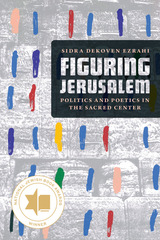
For two thousand years, Hebrew writers used their exile from the Holy Land as a license for invention. The question at the heart of Figuring Jerusalem is this: how did these writers bring their imagination “home” in the Zionist century? Sidra DeKoven Ezrahi finds that the same diasporic conventions that Hebrew writers practiced in exile were maintained throughout the first half of the twentieth century. And even after 1948, when the state of Israel was founded but East Jerusalem and its holy sites remained under Arab control, Jerusalem continued to figure in the Hebrew imagination as mediated space. It was only in the aftermath of the Six Day War that the temptations and dilemmas of proximity to the sacred would become acute in every area of Hebrew politics and culture.
Figuring Jerusalem ranges from classical texts, biblical and medieval, to the post-1967 writings of S. Y. Agnon and Yehuda Amichai. Ultimately, DeKoven Ezrahi shows that the wisdom Jews acquired through two thousand years of exile, as inscribed in their literary imagination, must be rediscovered if the diverse inhabitants of Jerusalem are to coexist.
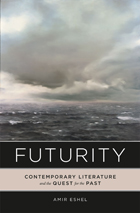
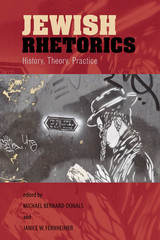
READERS
Browse our collection.
PUBLISHERS
See BiblioVault's publisher services.
STUDENT SERVICES
Files for college accessibility offices.
UChicago Accessibility Resources
home | accessibility | search | about | contact us
BiblioVault ® 2001 - 2025
The University of Chicago Press



